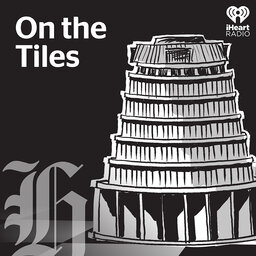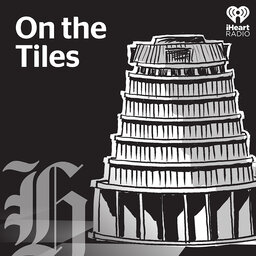Mahé Drysdale discusses his plans for fixing Tauranga
Over the last few weeks, Tauranga residents have been able to vote in their first local election since the city council was replaced with commissioners at the end of 2020.
Preliminary results are in, and in a landslide result, former Olympic rower Mahé Drysdale is expected to become the city’s new Mayor.
For this bonus episode of On the Tiles: Local Edition, he catches up with Georgina ahead of the final results to discuss what’s next for the city.
 On the Tiles
On the Tiles


